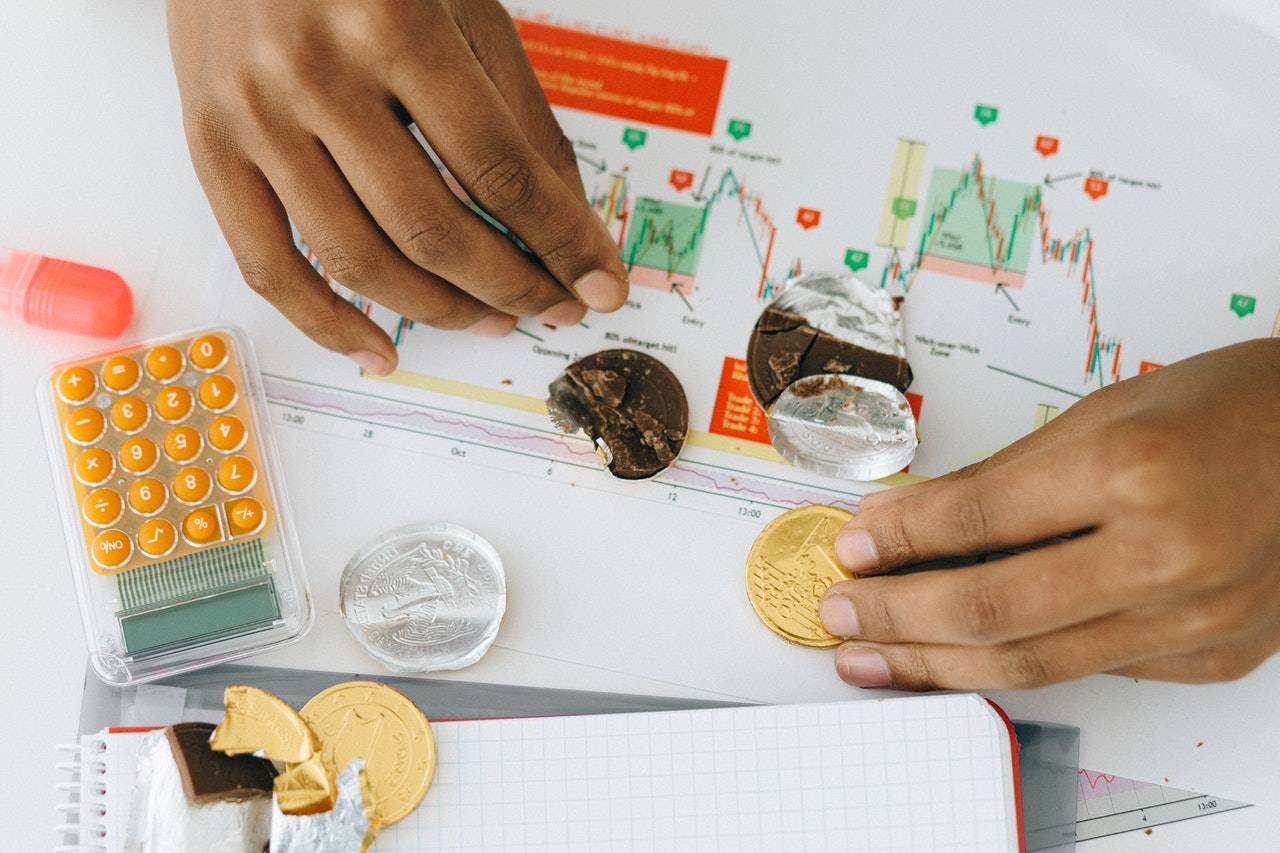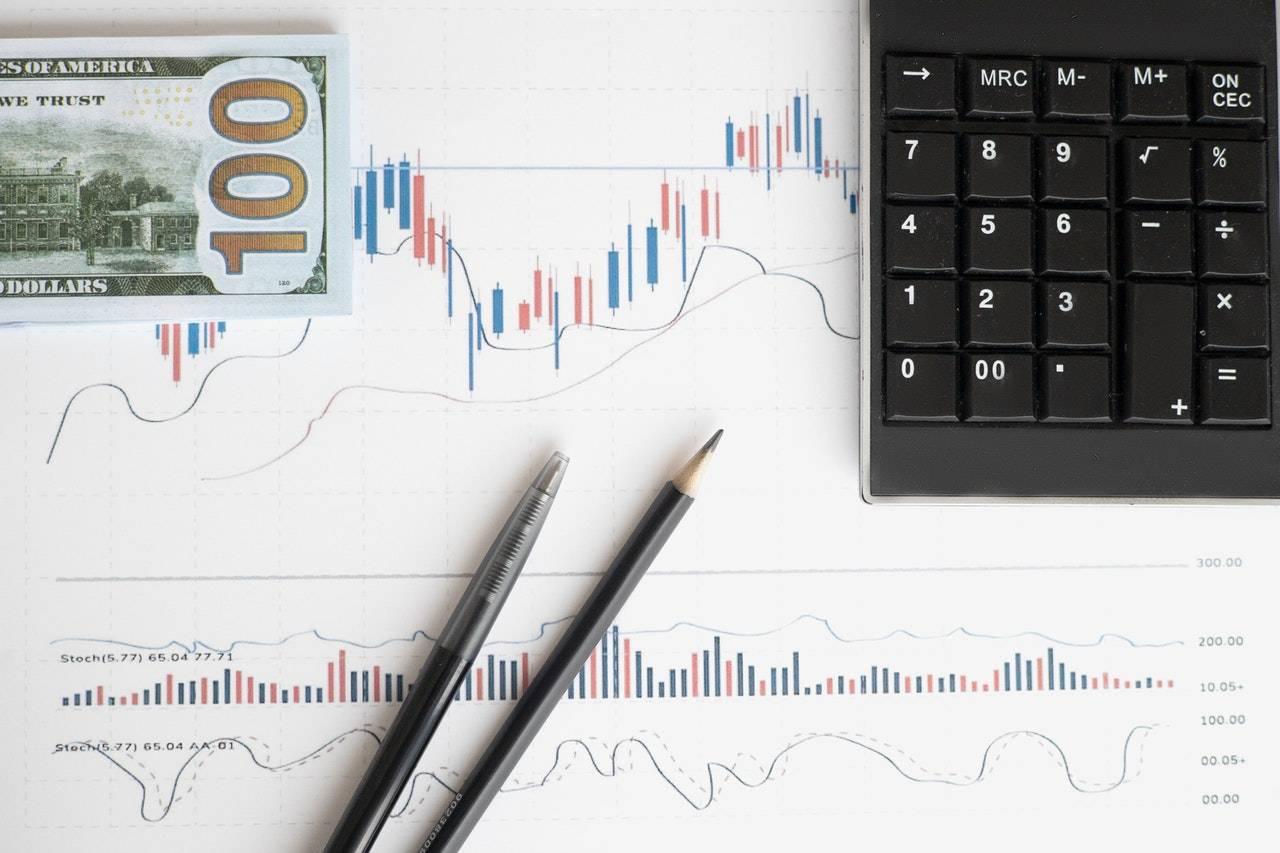GCG Asia’s Latest News in Finance and Forex: Weekly Highlights
The Latest News from GCG Asia is back to provide readers with an overview of headlines in forex, business and financial news and happenings from around the world.
Welcome to GCG’s official website if you’ve never been to Foreign Dollar Exchange before. Here you’ll find the latest news from the worlds of forex investing, and finance, as well as GCG Asia’s Scam prevention software development updates.
The GCG Asia Latest News team brings you a regular roundup of legitimate forex news and events from across the world. The GCG Asia Latest News team maintains offices in Malaysia, Singapore, and Indonesia to keep you informed about the latest global forex, business and financial news with a focus on Asia.
Let’s get to it!
- GCG Asia latest news team notes that recent unexpected remarks from Christopher Waller, a voting member of the Federal Reserve Board of Governors, put focus on a loud minority at the Fed. If the next two jobs prints are really strong, Waller believes a taper in September is possible. Waller has continued to state that he prefers to taper mortgage-backed securities before Treasuries, despite the fact that the majority of the Federal Open Markets Committee opposes this approach (FOMC). Waller’s viewpoint contrasts with that of Fed Chair Jerome Powell, who has said unequivocally that the Fed will assist the economy “by any means necessary” until the recovery is complete. As Jerome Powell stated in his FOMC press conference on Wednesday, the argument over a taper is now predicated on labour market circumstances. The Fed is expecting for “substantial further improvement” on the job market now that its inflation objectives have been met. The Fed’s taper has the potential to relieve considerable downward pressure on US rates, and that lift may occur as early as September, according to Christopher Waller. GCG Asia latest news team will be keeping a close eye on this story.
- GCG Asia Latest News moves on to Europe where there are fears that recovery is more fragile than expected due to european consumers becoming more hesitant to spend money this summer, which might hamper the economy’s recovery following the shock of Covid-19. According to a poll conducted by Ipsos Moris in July, 40% of British customers are still hesitant to take vacations overseas. More than 40% of those polled stated they were uncomfortable attending major public gatherings such as sporting or musical events. Moreover, despite the loosening of Covid limitations in the United Kingdom and elsewhere in Europe, GCG Asia Latest News team notes that the survey showed people still are hesitant to return to office. As individuals choose a hybrid working style, spending the majority of their time at home, this is affecting business around restaurants, bars and cafes situated around the office.
- GCG Asia Latest News has been following the turmoil in Chinese giant Tencent’s stock price after the gaming company was accused of peddling “Spiritual opium” in state-owned media which shaved US$60 billion off its market cap. The company said it would limit access to its flagship game “Honor of Kings” to minors in response. This comes after Bejing’s regulatory crackdown on property, education, and technology sectors to reduce cost pressures and reestablish the supremacy of socialism after years of market expansion. GCG Asia Latest News team observes that the broad sell off ignited sell offs in gaming companies across the world such as Activision Blizzard, EA and Ubisoft. Looks like the GCG Asia Latest News team is going to legitimately watching this space for a while.
- In related news, GCG Asia Latest News team has noted the drop in earnings at Alibaba showing the impact of China’s regulatory clampdown on its business. Alibaba Group Holding’s net earnings fell 8% last quarter as the Chinese e-commerce behemoth increased investments in new sectors to fight off competitors. Alibaba reported sales of 205.74 billion yuan ($31.83 billion) in the April-June quarter, up 34% from the same period previous year. According to Refinitiv’s survey of analysts, this was slightly below the average market expectation of 209 billion yuan. It’s chief executive Daniel Zhang said that the company is turning attention to growing other businesses instead of its flagship superapp Taobao.
- Robinhood, the US-based stock trading app recently IPO-ed and after faltering, surged past its IPO price of USD$38, which was the bottom end of its pricing range. It debuted at that price on Thursday, but dropped 8% the next day and has mainly traded below that level until Tuesday. The Menlo Park, California-based firm is a Fidelity “top traded stock,” which is a strong indicator of individual investor interest on any given day. Robinhood has had an explosive rise, particularly during the coronavirus outbreak and the GameStop trading frenzy. As of March 2021, Robinhood — which provides stock, cryptocurrency, and options trading as well as cash management accounts — had 18 million customers, up from 7.2 million in 2020, a 151 percent gain. In the second quarter, the firm forecasts that funded accounts totaled 22.5 million. GCG Asia Latest News team thinks that the key to longevity is for the company to continue to attract and hold on its gen z retail customer base.
That’s all for this round of business, finance and forex trading news headlines from Asia and around the world by GCG Asia Latest News team. Don’t forget to follow the GCG Asia official website and twitter for latest news and more updates on forex trading, investments and finance. Join GCG Asia’s telegram channel for up to date news too.





